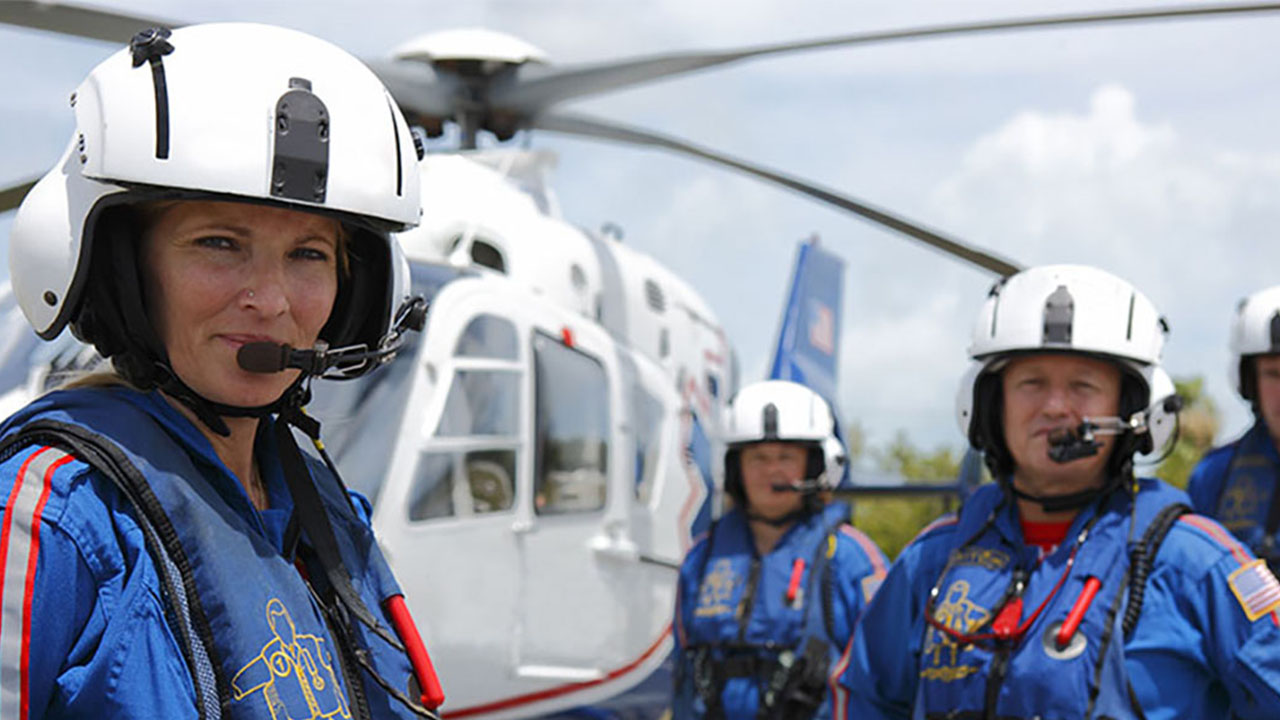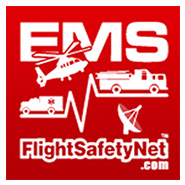 1. Play safety Jeopardy.
1. Play safety Jeopardy.
Does “Landing zone briefings for $1000, Alex” have a certain ring to it? We think so too. Why not make it a category for a game of “laugh as you learn” safety Jeopardy?
Design the game around teaching points specific to your fire station, ambulance service or flight program.
2. Run with scissors.
Make a safety statement. Add attention grabbers to your next safety meeting. Stage a mock accident, spill or nuclear disaster. Remember, safety is about people interactions.
It is up to you to make it more appealing than the drying characteristics of lead-based paint. Get creative and make safety fun. Yes, it really is possible.
3. Treat your safety program like shots of bourbon.
‘Bottoms Up’ is of course what we mean. Build your safety program from the bottom up with input from worker bees every step of the way.
Bottom up rocks because everyone feels a sense of ownership in the program. Try it. It works!
4. Value the new kids.
See the opportunity to evaluate your current safety program through the eyes of new employees. See our article How Total Newbies Make You Safer for more information on how to leverage the value of new kids.
5. Try wearing briefs.
Wear briefs, boxers, or go commando. Your undergarment selection is not really the point. The point is the value of briefings and debriefings to safety.
See our article Constructive Feedback: How to do it for an easy guide to conducting briefings and debriefings.
6. Create a tribal safety council.
If your station, service or program is multi-location, it is good practice to create a safety council with representation from all locations. Do something creative to identify council members.
Maybe “Police Line: Do Not Cross” chest tattoos for everyone? Or more realistically, a patch for members to wear on their uniforms; or a safety council member spotlight section in your safety meeting minutes.
7. Give a KISS.
KISS is an acronym for Keep it Simple and Sensible. The Flight Safety Network believes in smart and simple solutions.
Do not create or change safety policy just for the sake of change. If it makes sense, do it; otherwise, do not. Simple.
8. Keep it realistic.
Understand how normal people think of safety. Safety is top of mind only when attention is brought to it.
Normal people do not lay awake at night worrying about confined spaces, ladder safety or the danger areas associated with helicopter tail rotors.
It is up to you to bring safety to your local network’s attention. It is also up to you to present it in a way that people want to listen and learn.
If you have other creative safety experiences, let us know about them in the comment section. Sharing information is what safety is all about.
Clear skies and tailwinds,
Fly-write


2 replies to "Eight Ways to Make Your Safety Program Rock!"
We are all part of the “Safety Committee.” The primary tenet is “Three to go, One to say No.”
We also have a great leader in our Lead Pilot! He has implemented a wx turn-down fax form. When we turn down a flight for wx, our Comm Spec writes two things: who and where, then hits one button on the fax machine–it goes out to every program in the Central FL area. Through his work in the FAMA, almost every other program has instituted the same process. It keeps us all in the loop against “helicopter shopping,” and in turn helps keep us safer.
Hello ffrotor105,
We really like the idea of informing other programs in your area of turning down a flight request due to weather. Sharing information enables all of us to make smarter decisions. Good job!
Fly-write